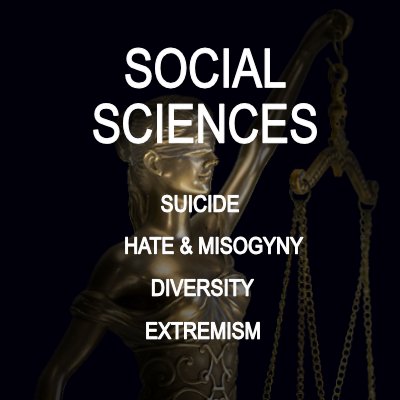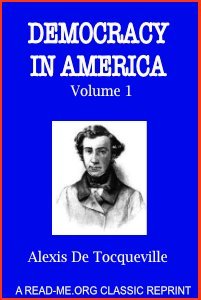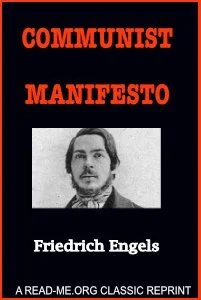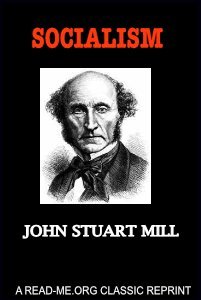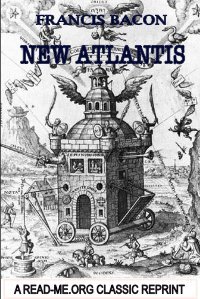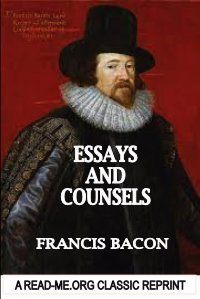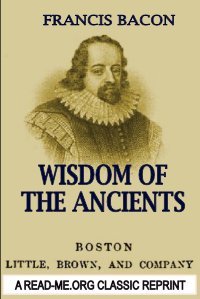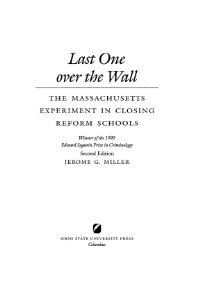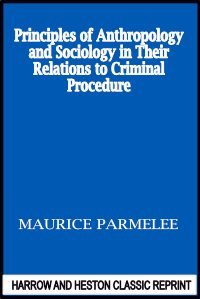By Alexis De Tocqueville.
“Amongst the novel objects that attracted my attention during my stay in the United States, nothing struck me more forcibly than the general equality of conditions. I readily discovered the prodigious influence which this primary fact exercises on the whole course of society, by giving a certain direction to public opinion, and a certain tenor to the laws; by imparting new maxims to the governing powers, and peculiar habits to the governed.”
London. Saunders and Otley (1835) 487p.

